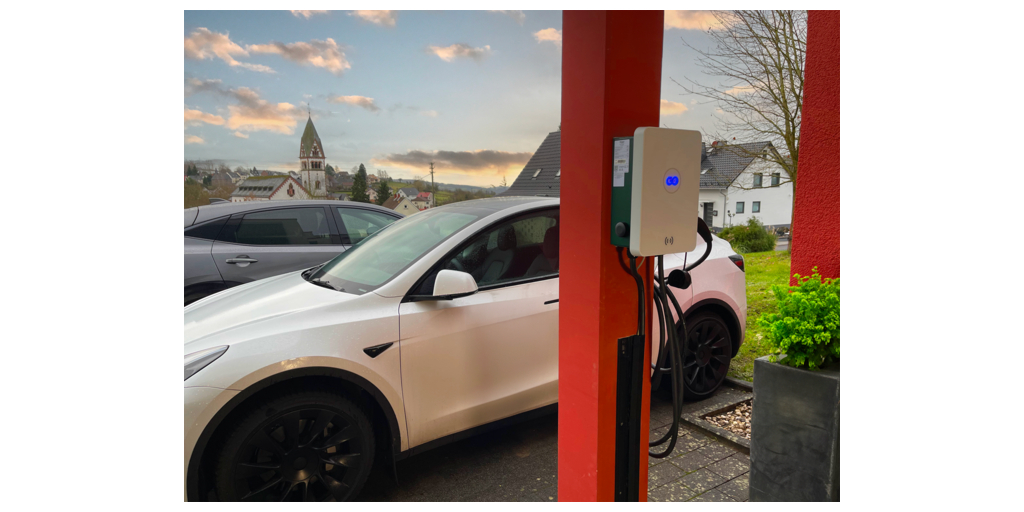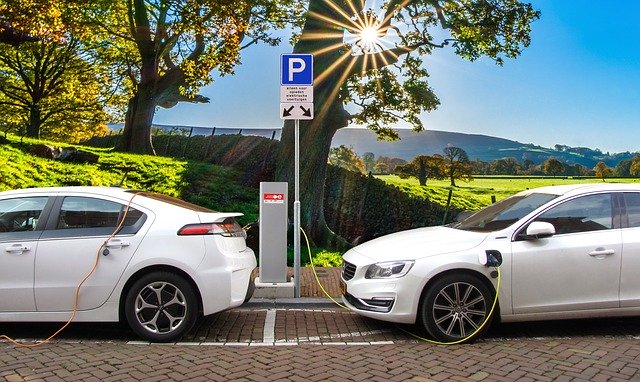
European auto industry worried, as demand for EVs drops
London, September 19, 2024, (Oilandgaspress) ––A continuous trend of shrinking market share for battery electric cars in the EU sends an extremely worrying signal to industry and policymakers. European auto manufacturers, united in ACEA, therefore call on the EU institutions to come forward with urgent relief measures before new CO2 targets for cars and vans come into effect in 2025. Additionally, we urge the European Commission to bring forward the CO2 regulation reviews for light-duty and heavy-duty vehicles, currently scheduled for 2026 and 2027 respectively, to 2025.
The European auto industry supports the Paris Agreement and the EU’s 2050 transport decarbonisation targets and has invested billions in electrification to bring vehicles to market. Today, vehicle technology and the availability of zero-emission vehicles are not bottlenecks. We are playing our part in this transition, but unfortunately, the other necessary elements for this systemic shift are not in place. An aggravating factor is the rapid erosion of the EU’s competitiveness, as confirmed in the Draghi report.
The latest EU car registration data released by ACEA today once again confirms the electric car market is now on a continual downward trajectory.
As stated by the ACEA Board:

We are missing crucial conditions to reach the necessary boost in production and adoption of zero-emission vehicles: charging and hydrogen refilling infrastructure, as well as a competitive manufacturing environment, affordable green energy, purchase and tax incentives, and a secure supply of raw materials, hydrogen and batteries. Economic growth, consumer acceptance, and trust in infrastructure have not developed sufficiently either.
As a result, the zero-emission transition is highly challenging, with concerns about meeting the 2025 CO2 emission reduction targets for cars and vans on the rise. The current rules do not account for the profound shift in the geopolitical and economic climate over the past yearsand the law’s inherent inability to adjust for real-world developments further erodes the competitiveness of the sector.

This raises the daunting prospect of either multi-billion-euro fines, which could otherwise be invested in the zero-emission transition, or unnecessary production cuts, job losses, and a weakened European supply and value chain at a time when we face fierce competition from other automaking regions.
The industry cannot afford to wait for the review of the CO2 regulations in 2026 and 2027, we need urgent and meaningful action now to reverse the downward trend, restore EU industry competitiveness and reduce strategic vulnerabilities. For heavy-duty vehicles, an earlier review will also be absolutely critical to ensure vital conditions like infrastructure for trucks and buses are scaled up in time.
We stand ready to discuss a package of short-term relief for the 2025 CO2 targets for cars and vans, as well as a fast-track, comprehensive, and robust review of the CO2 Regulations for both cars and trucks, plus targeted secondary legislation, to get the zero-emission transition firmly on track and secure Europe’s industrial future.
Information Source: Read Press Release
Oil and gas press covers, Energy Monitor, Climate, Renewable, Wind, Biomass, Sustainability, Oil Price, LPG, Solar, Marine, Aviation, Fuel, Hydrogen, Electric ,EV, Gas,

